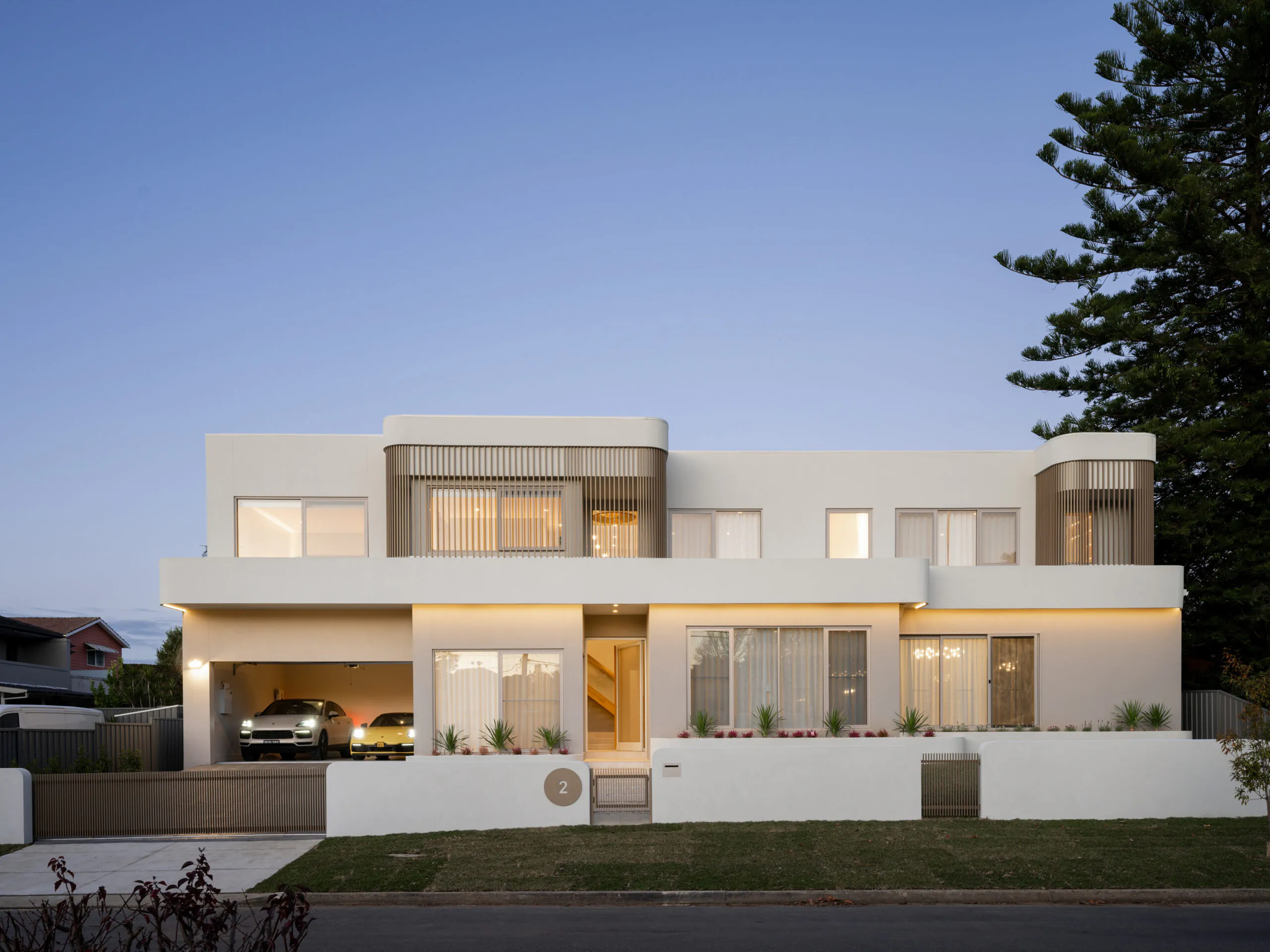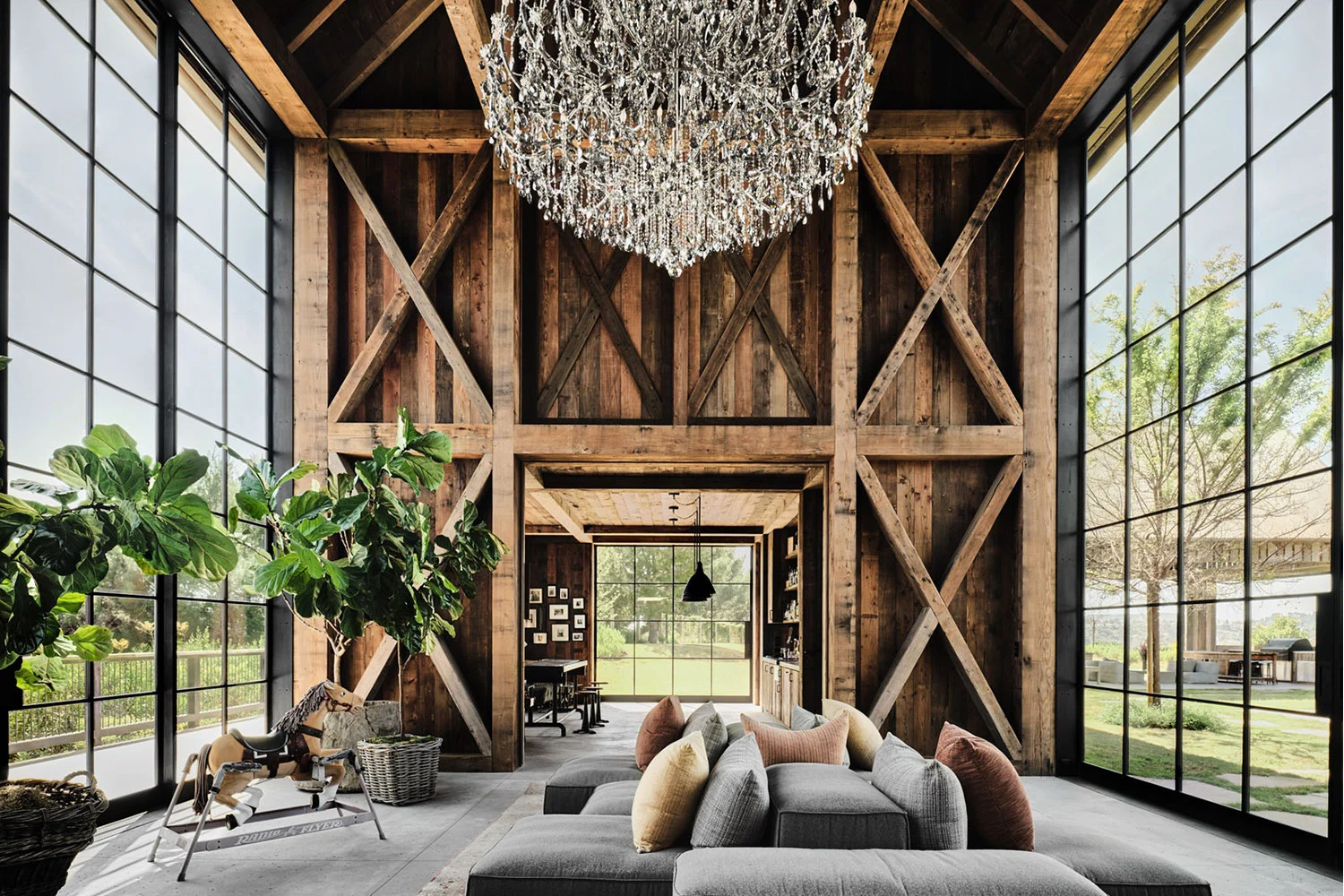The Condo Conundrum: Why Discounts and Deals Aren’t Moving BC’s New Builds
Aug 5, 2025
The Empty Towers No One Talks About
It’s the summer of 2025, and across British Columbia’s skyline, hundreds of new glass towers are sparkling in the sun—sleek, sterile, and eerily quiet. At night, their windows remain mostly dark. The pre-sale hype is over. The marketing banners promising "Last Chance!" have faded. The staged showrooms have been stripped down. But the units? They’re still sitting—waiting. Even as developers throw everything at potential buyers, from free parking and waived strata fees to cash rebates and luxury appliance upgrades, something is off. Buyers aren't biting like they used to.
Across Metro Vancouver, the Lower Mainland, and parts of Vancouver Island, newly built condo inventory is swelling—many towers have sold only a fraction of their units. In some buildings, especially in suburban cores like Burnaby, Richmond, and Surrey, entire floors are still for sale months after completion. Others are offering secretive incentives through agents and VIP “event-only” promotions. The language of urgency is everywhere—limited time only, interest rate buydown, no deposit for 12 months—but the actual urgency is nowhere to be found.
There’s a disconnect here, and it’s more than just sticker shock. It's structural. It's psychological. And it's financial.
Buyers today are different. They’ve seen the housing crisis evolve from feverish speculation into a long, slow stalemate. They’ve watched interest rates rise and stay high. They've read about poor construction in newer builds. They've waited out the market—and for once, waiting seems to be working. Developers, used to selling out towers in weeks (sometimes hours), are now dealing with launch flops, cancelled projects, and empty showrooms.
This isn't just about price. It's about value. Trust. Timing. And the fear of making the wrong call in a deeply uncertain market.
In this long-form investigation, we’ll dive deep into BC’s fractured condo market:
Which towers are still struggling to sell post-completion?
What real-world incentives are being offered to entice buyers?
Why are these deals falling flat—and could they backfire long term?
What’s keeping buyers on the sidelines, even as discounts increase?
And most importantly: can this glut of new inventory be cleared, or are we entering an era of long-term oversupply?
We’ll also explore the psychology of a stalled market, the erosion of confidence in pre-sale projects, and the unintended consequences of a developer-driven supply boom that no longer matches what real people actually want or can afford.
Get ready—we’re going past the brochures, past the hype, and straight into the belly of BC’s condo problem. Because glossy renderings don’t show what happens when no one wants to move in.
The Oversupply Crisis: Data, Trends & Regional Breakdown
Metro Vancouver is staring down a growing inventory crisis. As of mid‑2025, over 2,000 completed condos remain unsold, with projections that approaching 3,500 units will remain vacant by year-end—marking the highest unsold volume in years. Rennie Intelligence notes that housing completions reached 28,000 in 2024, with absorption rates unable to keep pace—pushing the completed‐unsold tally skyward . This imbalance is most acute in areas like Burnaby (Brentwood, Metrotown) and Richmond Centre, which alone account for thousands of vacant units.
Locales hotspots—such as Brentwood Sky, The Cambie Corridor towers, and Richmond Centre high-rises—still show entire unsold floors months after completion. Multiple developers report inventory "burn rates" so low that they're carrying hundreds of units rental‐ready but buyer‐empty.
Developer Promotions: What They're Offering—and Why
In response to unsold piles, developers have launched aggressive incentive strategies:
Brentwood Sky (Burnaby): Offering up to $50,000 off, plus complimentary parking, smart-home upgrades, and waived strata fees for 12 months.
River District projects in East Van: Advertise "move-in ready" with free GST, rental guarantees, and cash rebates.
Most Onni developments in Surrey: Provide flexible deposit plans (e.g. 1% now, 1% later), waived fees, and referral rewards.
Richmond Centre towers: Feature furniture packages, waived GST, and amenity access passes as sales incentives.
Yet even with this arsenal, absorption remains slow. Discounted units often stagnate, as competitors continue offering similar or deeper value propositions.
Why Discount Tactics Aren’t Closing Deals
Economic & Affordability Constraints
Interest rates hovering above 5% have substantially increased mortgage payments—just a single figure reduction or waived fee is minor in comparison. At current pricing, most units remain beyond what median-income households can comfortably afford.
Buyer Fatigue & Oversupply Anxiety
The sheer volume of similar units gives buyers time and choice. They no longer feel urgency—waiting for price correction has become a rational default.
Quality Skepticism
Reddit complaints about firms like Thind Developers highlight construction problems—foundation leaks, poor cabinetry, noise issues—that erode buyer trust.
Mismatch Between Investor and End-User Demand
A sharp decline in investor participation—from ~50% pre-2023 to ~7% in early 2025—means lost rental demand support. Stacked with a rise in resale assignments at losses, this compounds pricing pressure.
Case Studies: Towers Under Strain
1335 Howe Street (Vancouver West End): This 40‑storey luxury tower is notorious in local forums: roughly 25% unsold, with entire empty floors and units repeatedly relisted—even after $300K+ discounts—with no takers.
Butterfly (1019 Nelson Street): Completed yet underutilized. Only six of ~30 units sold; pricing held at ~$1,700/sqft, defying broader downtown downward trends.
Brentwood area high-rises: Despite aggressive pricing strategies, absorption remains stalled—developers struggle to test discounted floors and message urgency without collapsing profit margins.
Are Promotions Effective? Short-Term Boost, Long-Term Risks
In some markets, sweetened offers have helped move a handful of units—but often only those close to ground-level or in easily marketable layouts. Higher floors, smaller one-bed units, or marginal façades require deeper discounts and longer deals to attract action.
Even worse: discounting may condition buyers to wait, fueling the expectation of deeper cuts later. This creates a dangerous trap: developers must either hold prices longer—carry heavy financing risk—or accept steep markdowns that could trigger contract defaults or investor walkaways.
What Needs to Change—for Developers and the Market to Reset
To move beyond promotion cycles that don’t work, the market requires bigger structural shifts:
Align pricing to current absorption realities—not to 2021 peak comparables.
Improve build quality and trust—buyers need assurance beyond renderings.
Diversify product: low-rise buildings, rentals, townhouses for end-users.
Enforce presale penalties or reversion of land if projects stall (e.g. longtime pit in Richmond).
Government focus: speed up approvals for lower-scale housing, limit investor-focused developments, and track completed unit vacancy enforcement.
Navigating a Shifting Condo Landscape
BC’s presale and newly built condo market is at a crossroads. Inventory is high, demand is softening, and promotions alone aren’t delivering. Towers like 1335 Howe, Brentwood Sky, and Richmond Centre reveal the bitter reality: promotional theater cannot overcome mismatched supply and collapsing buyer confidence.
For developers, the era of selling out towers with hype and deposit schemes is over. Realigning with what buyers truly want—value, flexibility, quality—is the only path forward.
For buyers, this is opportunity—but only if they pick wisely, negotiate firmly, and avoid overpriced traps disguised by marketing.

























